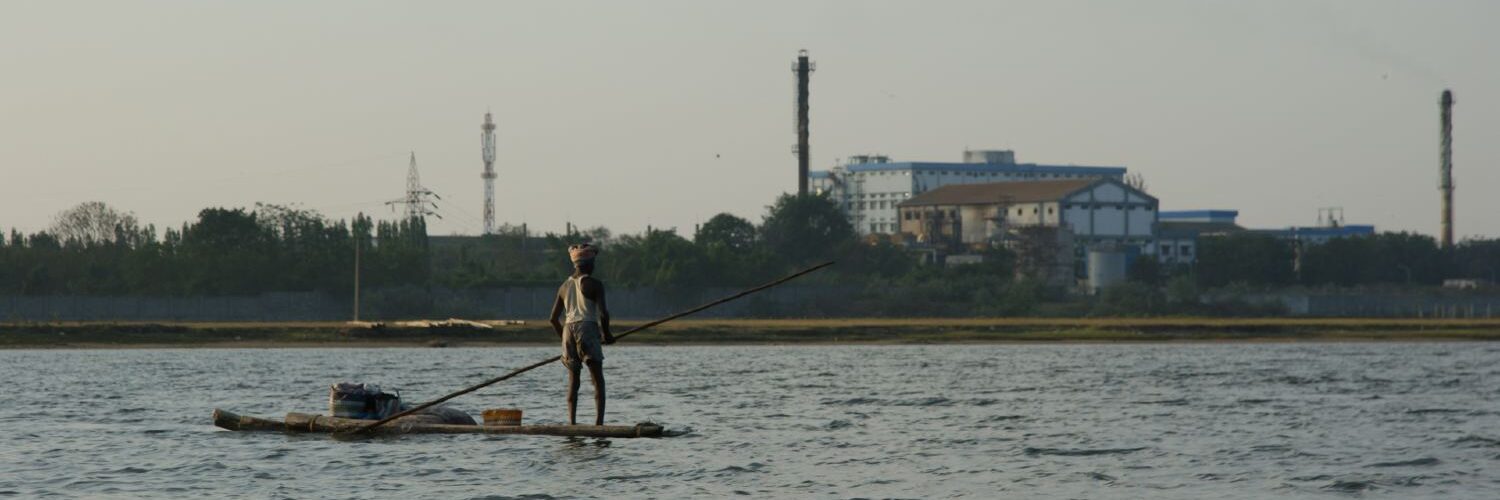PRESS RELEASE
New Delhi, 5th February, 2008: Thirteen national labour and labour support groups (1) today released a dossier titled A Fox in the Hen House: Made-to-order science and India’s asbestos policy that exposes how the Ministry of Chemicals, acting in collusion with the asbestos industry, is manufacturing science to back its pre-determined position to fight global regulation on the hazardous fibre. India and 6 other countries are alone in opposing the inclusion of chrysotile asbestos – a carcinogenic mineral to which more than 100,000 Indian workers are exposed daily – in the list of hazardous chemicals requiring prior informed consent for international trade under the Rotterdam Convention. More than 40 countries have banned all uses of chrysotile asbestos owing to the unmanageable occupational health risks. The World Health Organisation estimates that 125 million people are exposed globally to all forms of asbestos, and that at least 10 million can be expected to die before asbestos is banned worldwide. More than 95 percent of all asbestos used is chrysotile variety.
Based on documents unearthed under the Right to Information Act, the dossier documents how the industry added Rs. 16 lakhs to the Government’s Rs. 44 lakhs to commission a study by National Institute of Occupational Health to “specifically indicate how technology has made working conditions [in asbestos factories] better.” The entire study will be reviewed at every step of the way by a committee dominated by asbestos and chemical industry representatives. At no point will trade unions and public interest physicians be consulted. A 19.12.06 minutes of the Review Committee reads: “The report will be finalised after due discussions with the asbestos industry.” Meanwhile, another meeting minutes dated 18.4.2007 after the Right to Information request was filed reports that “. . .the results of the study which was underway could not be shared [with public] till the same was finalised.”
The Industry-Ministry study is titled Implementation of Rotterdam Convention on Prior Informed Consent Procedures – Study of Health Hazards/ Environment Hazards Resulting from the Use of Chrysotile Variety of Asbestos in the Country.
The industry-government study, and its players – particularly the Ministry and NIOH — have drawn stinging criticism from physicians and scientists, including from other countries, for what they see as perversion of science. Organisations endorsing the report said: “This is not an innocuous case of scientific fraud, but one that will have a bearing on the lives of millions of workers and their families in India and overseas. This is the crudest violation of the Precautionary Principle.”
The Government intends to present the study at the next meeting of the Chemical Review Committee of the Rotterdam Convention in March 2008 to justify its third veto of UN action on chrysotile asbestos. It will also form the basis for India’s domestic policy on continued use of asbestos. India alongwith Canada, Russia, its largest suppliers (2) of raw chrysotile fibres, has vociferously opposed the inclusion of chrysotile in the Prior Informed Consent list (PIC) of the Convention. PIC list is not, as is misconstrued, to block trade but to facilitate prior information between trading countries so that they are aware of the workplace, public and environmental health hazards of the chemicals they are importing and can take informed decision based on that.
Union representatives and activist called for scrapping of the study in its entirety and calling for a national ban on all forms of asbestos in India. They advised the government not to undertake any more studies to prove impact of chrysotile on Indian workers, rather take into consideration already available peer reviewed independent scientific studies which irrefutably proves that chrysotile causes cancer and death amongst workers and people exposed to it.
Note:
-
- Document endorsed by: All India Trade Union Congress; Centre for Indian Trade Unions; Chennai Metropolitan Constructions and Unorganised Worker’s Union; Hind Mazdoor Sabha; Krantikari Kamgar Union; New Trade Union Initiative; Nirman Mazdoor Panchayat Sangam; Trade Union Centre of India; Asian Network for the Rights of Occupational Accident Victims; Ban Asbestos Network of India; Occupational Health and Safety Association; Occupational Health and Safety Centre; People’s Training Research Centre.
- As per data released by UN Statistics Division, India imported about 306,000 MT of asbestos in 2006. Of which 152, 820 MT was imported from Russia and 63, 980 MT from Canada.
For more information contact:
Gopal Krishna: 9818089660
Madhumita Dutta: 09444390240
Download the report in Adobe pdf format for printing
